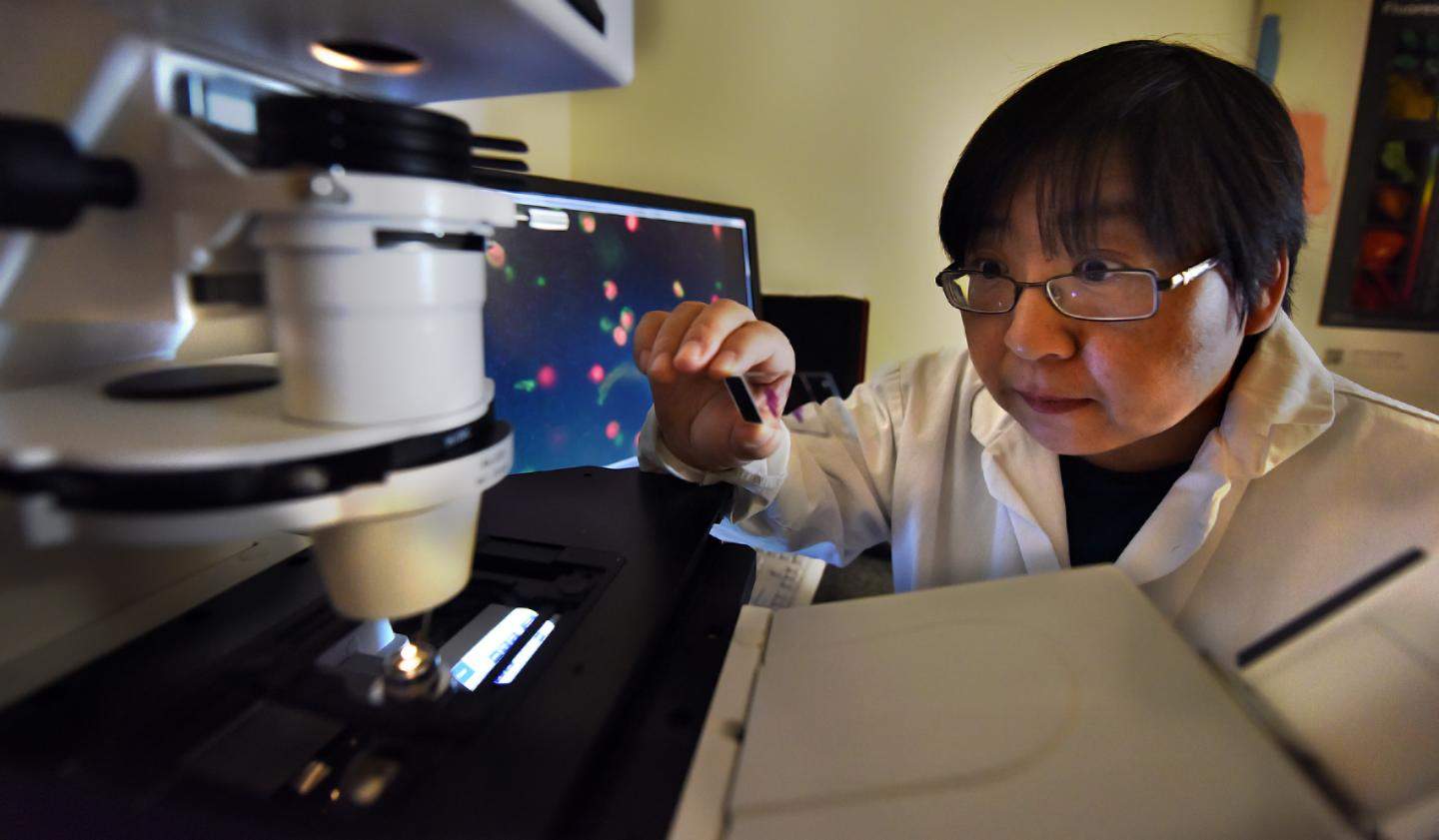
Scientists at the Georgia Cancer Center have created a three-part molecule that targets growth factors over-expressed in some cancers, offering a possible treatment route for patients with a certain form of breast cancer.
The chimera molecule’s targets are human epidermal growth factor receptor 2 (HER2), human epidermal growth factor receptor 3 (HER3), and epidermal growth factor receptor (EGFR). The molecule interferes with HER2 and HER3 signaling and ultimately causes cancer cell death.

Discover B2B Marketing That Performs
Combine business intelligence and editorial excellence to reach engaged professionals across 36 leading media platforms.
Previous studies have shown over-expression of HER2 to cause 20% to 30% of breast cancers. The receptor aids the rapid growth of cancerous cells, leading to a more aggressive form of the disease that is more likely to be resistant to standard-of-care treatments. Patients with this type of breast cancer often have a poorer prognosis.
The molecule is created to have potent anti-tumour activity, designed to target all three receptors simultaneously to prevent one or both compensating for the blocked action of the third.
The molecule is designed so that the EGFR-targeting component is between the HER2- and HER3-targeting components in what is known as a HER2 aptamer-EGFR siRNA-HER3 aptamer chimera. This design allows the EGFR component to reach its target within HER2- and HER3-expressing cells.
Compared with individual components, the chimera is large enough to avoid renal depletion and allows for a prolonged circulation time and increased efficacy. It is also non-toxic, easy to produce, and cost-effective compared with the production of alternate treatment routes such as antibodies and small molecule inhibitors.

US Tariffs are shifting - will you react or anticipate?
Don’t let policy changes catch you off guard. Stay proactive with real-time data and expert analysis.
By GlobalData“As a bioengineer, I am developing the materials for cancer-targeted treatment,” study leader Dr Hongyan Liu said.
Liu’s ongoing studies test the chimera’s ability to treat breast cancers resistant to Herceptin, a drug that targets HER2.
Liu has said that the molecule could be a possible treatment route for other cancers such as lung, head and neck, as these also evidence an over-expression of the HER family.
Findings were published in Molecular Therapy: Nucleic Acids.





